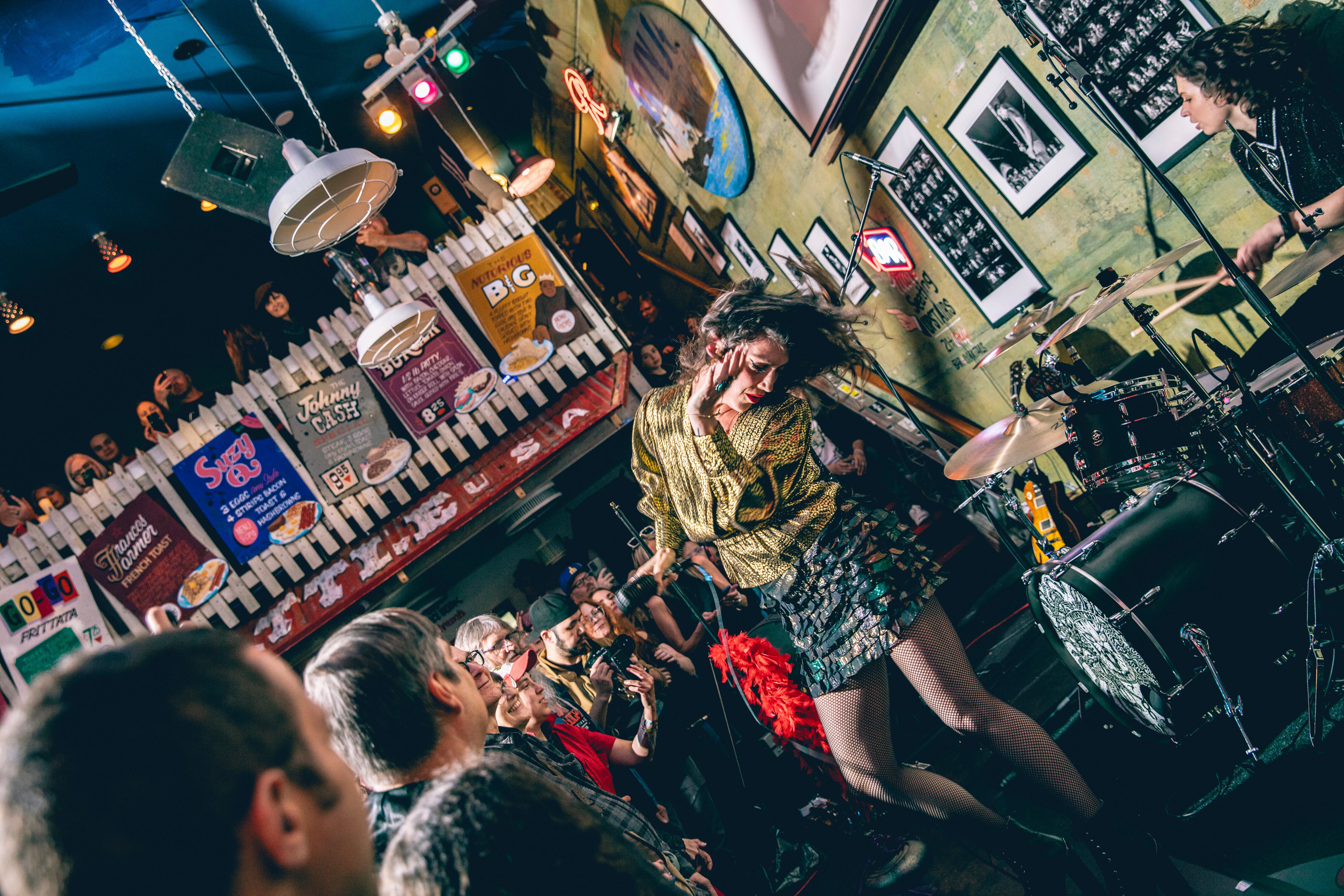In Seattle, it was difficult to make money and build a musical career. That’s why people who made music weren’t motivated by a commercial spirit, but by a creative one. After all, if nobody’s buying your work, why not say whatever you like? “In Los Angeles, everyone did things while thinking about becoming a star .
In Seattle, it wasn’t possible to be a star,” says Charles R. Cross, a journalist and the author of the Kurt Cobain biography Heavier Than Heaven (2017). Photographer Charles Peterson, author of Screaming Life: A Chronicle of the Seattle Music Scene (1995), mentions another element: “It all arose from isolation.

In Seattle, there were musicians, producers, comic book illustrators, writers, photographers. Everyone helped each other..
. it wasn’t like in New York or Los Angeles, where people were competing to get ahead and impress.” It was in this context that Kurt Cobain emerged.
“He had a special kind of charisma on stage. I never thought he was desperately trying to connect with the audience. You felt like he had a ferocity inside of him and that he was going to bring it out there.
He played and performed for himself,” recalls Megan Jasper, the CEO of Sub Pop Records. Those who lived through this period remember Cobain well: he marked a generation. His life and his career with Nirvana were brief, but the impact of the style he personified, “grunge,” put Seattle, the largest city in Washington State (although the capital is Olympia), on the.
















